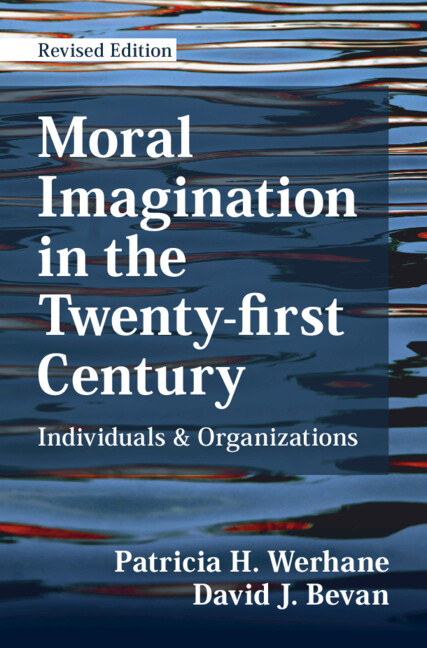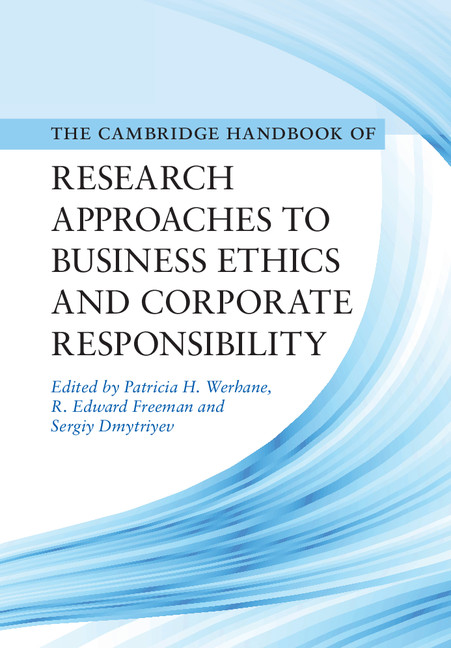Moral Imagination in the Twenty-first Century
What role could or should moral imagination play in managerial and corporate decision-making? This book es on three simple questions: why do ordinary, decent managers engage in questionable behavior? Why do successful companies ignore the ethical dimensions of their processes, decisions, and actions? And what motivates a successful company such as McDonald's, which closed its 800 restaurants in Russia, to depart from a large and very profitable market? Working from the assumption that all human experience is socially constructed and incomplete, this book argues that a critical missing element in many instances of alleged managerial or corporate wrongdoing is a simple phenomenon: moral imagination. In this fully updated edition, three new chapters and topical case studies, such as Boeing and Google, allow readers to bring process philosophy and systems insights into organizational and managerial thinking. A valuable resource for scholars, students and corporate decision-makers.
- A fully updated edition of this classic, much cited work in applied ethics
- Features three brand-new chapters
- Includes topical case studies, such as moral imaginative decision-making in Google workshops
Reviews & endorsements
‘Step back from your role, your self-interest and your favourite narratives; imagine the long-term consequences of your plans from multiple perspectives; and, only then, decide and act. Patricia H. Werhane and David J. Bevan elegantly interweave corporate cases and moral philosophy to provide a step-by-step guide to managerial integrity.' Hervé Corvellec, Lund University, Sweden
is that seemingly decent individuals and corporations come to make bad ethical decisions. Moral philosophy is used to explain this conundrum in a way that is accessible to practitioners and academics alike.' Crawford Spence, King's College London and author of Inertia: Purposeful Inefficiencies in Financial Markets
‘Moral Imagination in the Twenty-first Century is a must-read and crucial study for academics, businesspeople and managers and leaders in the world. The book provides a profound, knowledgeable, and wise approach to the foundations of corporate decision-making. Through this comprehensive scrutinizing of the significance and importance of moral imagination Patricia H. Werhane and David J. Bevan manage to rethink the key dimensions of business ethics and provide novel ideas and new horizons for conceptualizing morality and moral blindness in organizations and institutions.' Jacob Dahl Rendtorff, Professor, Roskilde University, Denmark
Product details
November 2025Paperback
9781009565844
225 pages
229 × 152 mm
Not yet published - available from November 2025
Table of Contents
- 1. Introduction
- 2. Why do good people and great organizations do bad things?
- 3. Social constructivism and the very idea of a conceptual scheme
- 4. The Rashomon effect
- 5.Moral imagination
- 6. Moral reasoning and moral imagination
- 7. Systems thinking, process philosophy and moral imagination
- 8. Next stages: reformulating the paradigm of western industrial global capitalism through moral imagination
- 9. Moral imagination in technological development Amanda McCroskery and Ben Zevenbergen.







